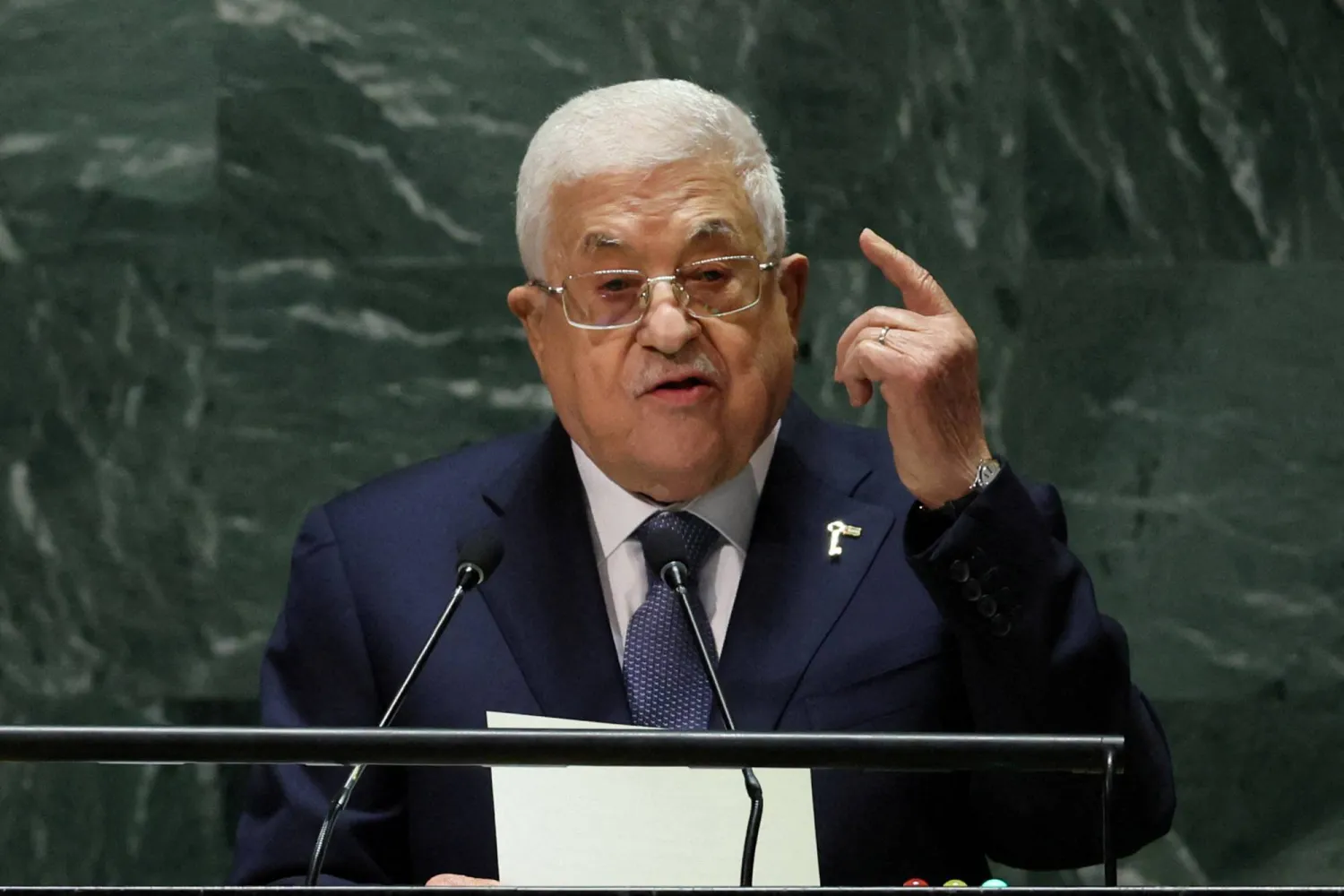Washington Prevents Abbas from Attending the General Assembly Amid Rising Recognitions of the State of Palestine
August 30, 2025166 ViewsRead Time: 2 minutes

Font Size:
16
In a move that sparked a wave of international criticism, the United States announced on Friday its refusal to grant entry visas to Palestinian Authority President Mahmoud Abbas and more than 80 Palestinian officials, preventing them from participating in the United Nations General Assembly meetings scheduled for next month in New York.
The American decision came following commitments from several of Washington's allies, including Britain, France, Australia, and Canada, to officially recognize the State of Palestine during the upcoming summit, which observers considered a diplomatic escalation against the American and Israeli stance.
The Palestinian president's office expressed its astonishment at the decision, considering it a violation of the United Nations Headquarters Agreement of 1947, which obliges the United States to allow foreign diplomats access to the international organization's headquarters. The presidential spokesperson, Nabil Abu Rudeineh, called on Washington to reverse the decision, which he described as "inconsistent with international law."
On Saturday, several European foreign ministers expressed their rejection of the American move, with French Foreign Minister Jean-Yves Le Drian describing the decision as "unacceptable," while his Irish counterpart Simon Harris urged the European Union to protest "in the strongest possible terms." Spanish Prime Minister Pedro Sánchez announced his support for Abbas, deeming the decision "unjust," affirming that Palestine has the right to voice its concerns in international forums.
The U.S. State Department justified the decision with long-standing accusations against the Palestinian Authority and the Palestine Liberation Organization for not renouncing terrorism, indicating that national security interests require imposing restrictions on delegations that "undermine peace opportunities," but it confirmed that the Palestinian permanent mission to the United Nations would not be affected by the decision.
The decision recalls the incident in 1988 when Washington refused to grant a visa to the late Palestinian leader Yasser Arafat, prompting the General Assembly to hold its meeting in Geneva instead of New York.
These developments come amid rising international anger over the Israeli war on Gaza, which has claimed tens of thousands of lives and caused famine, alongside the continued construction of settlements in the West Bank, prompting 147 out of 193 countries in the United Nations to recognize the State of Palestine, which continues to seek the establishment of an independent state with East Jerusalem as its capital.